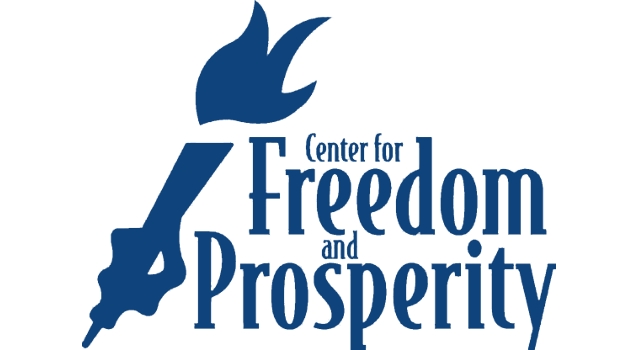The 340B Discount Drug program, a two decade old program originally designed to bring discount drugs to the poor, has been hijacked by Wall Street investment firms and chain drugs stores like Walgreens who are grabbing the drugs at the government mandated discounted rate and then charging private insurance companies and Medicare for the full cost of the drugs — pocketing the difference. Some have called the program a government-mandated arbitrage scheme.
The 340B Drug program was enacted as a small part of a 1991 Veteran’s bill. The law mandated drug manufacturers participating in Medicaid provide discounted drugs to some health care facilities. During consideration of ObamaCare, hospitals and for-profit pharmacies successfully lobbied for a radical expansion of the program. One consulting firm noted, “There is no requirement to pass the savings on to patients directly.”
Once the program was expanded, so did the abuse. Duke University Hospital turned a profit of $69.7 million on 340B drugs that they sold to patients. According to the Charlotte Observer, “Duke University Hospital purchased $65.8 million in drugs in 2012 through the 340B discount program, which saved $48.3 million. It sold the drugs to patients for $135.5 million, earning them a profit of $69.7 million.”
Nearly three years ago, Sen. Grassley was alerted to an investor presentation by Walgreen that bragged about how the discount drug program helps “generate revenue from your 340B patients.” He quickly dispatched a letter noting, “the intent and design of the [340B] program is to help lower outpatient drug prices for the uninsured. It is not intended to subsidize pharmacies that team up with covered entities to turn a profit.” The Senator found three nonprofit hospitals in North Carolina that have made millions from the discount drug program, and says information he obtained from Duke University Hospital, Carolinas Medical Center and UNC Hospitals raise questions about whether the program is functioning as intended.
In a letter to the Health Resources and Services Administration (HRSA) Grassley wrote, “These numbers paint a very stark picture of how hospitals are reaping sizeable 340B discounts on drugs and then turning around and up-selling them to fully insured patients in order to maximize their spread.”
Grassley deserves credit for doggedly addressing this issue. Crony capitalism is not capitalism — it is corruption. In this case, corporate interests have taken over a program designed to assist the poor. The program should be reformed or eliminated. The government should not be in the business to mandating profits for corporations.

